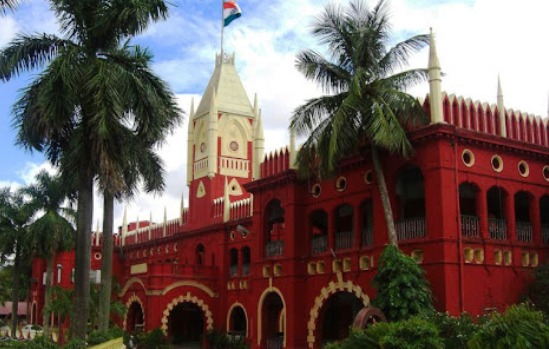LI Network
Published on: 01 October 2023 at 13:06 IST
The Orissa High Court recently affirmed that an advocate cannot be held responsible for a significant delay in complying with a court order, stemming from the sheer negligence of a party.
The bench, comprising Chief Justice Subhasis Talapatra and Justice Sangam Kumar Sahoo, emphasized that while it may be simple to change lawyers and place blame on a previous attorney for negligence, the court cannot disregard the surrounding circumstances, events, and, most importantly, the behavior of the party.
Allegations made by the party against their advocate cannot be accepted as gospel truth without proper consideration.
In this case, the petitioner, Shankarlal Patwari, filed a writ petition seeking to quash an order issued by the Tahasildar -cum- O.E.A. Collector.
The petitioner claimed in the petition that he genuinely believed his counsel was competently handling the case. However, he later discovered that the writ petition had been dismissed due to non-compliance with the court’s order to submit postal requisites within the stipulated time.
The petition further stated that the petitioner was unaware of the order, and his counsel had failed to inform him about the court’s directive. Due to the negligence of the attorney, the postal requisites were not filed, resulting in the writ petition’s dismissal for default without being referred to the bench.
Upon investigating the matter, the petitioner learned that Sri Bidyadhar Mishra, Advocate, who had represented him in the writ petition, had not been attending court for several years and was residing in Bhubaneswar.
The High Court noted that when the petitioner had entrusted his case to his advocate in 2006, he should have maintained contact with his lawyer to monitor the case’s progress.
The case was first heard on November 21, 2006, when notice was ordered to be issued, but the requisites were not filed on time. Subsequently, the matter came before the court almost a decade later, indicating that the petitioner had not kept in touch with his advocate to inquire about the case’s status. Consequently, it could be concluded that he was careless and negligent in pursuing his case.
The bench stated that a party’s duty is to select an advocate, provide instructions, pay the required fees, and trust the advocate to handle the rest. After engaging a lawyer, a party should have confidence that the lawyer will safeguard their interests. A party should not be made to suffer for the inaction, negligence, or other faults of the advocate.
The High Court observed that the petitioner had not diligently pursued the case. An order had been issued, directing the filing of requisites, but the petitioner’s counsel had failed to comply. It is unlikely that a vigilant litigant would not take the slightest effort to inquire about the case’s status until the next listing, which occurred nearly a decade later.
The bench reiterated that it is straightforward to change lawyers and blame a previous attorney for negligence. However, the court must consider the circumstances, events, and the party’s behavior before accepting allegations against the advocate as true. Additionally, the concerned lawyer was not a party to the case, making it unfair to pass judgment on the lawyer’s conduct without affording them an opportunity to be heard.
The High Court determined that the delay of 1391 days in filing the petition was excessive. The petitioner had not presented a sufficient cause to justify condoning the delay, and the explanation offered was not credible. Given that the discretion to condone delay must be exercised judiciously to avoid defeating the purpose of limitation laws and causing injustice, the bench declined to accept the explanation provided in the interim application for condoning the delay.
Consequently, the petition was dismissed.

